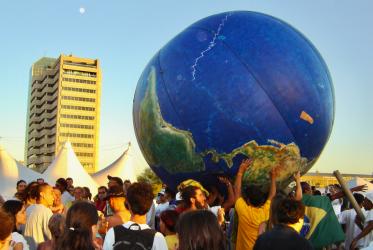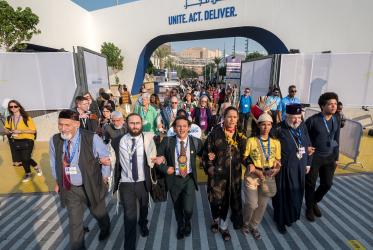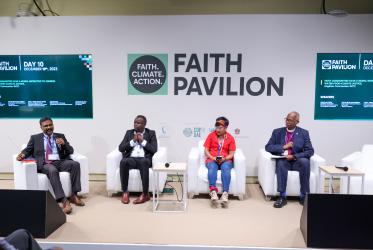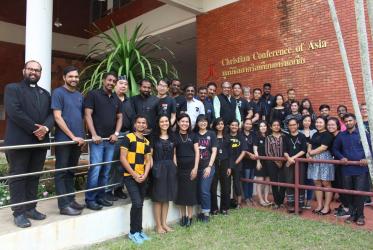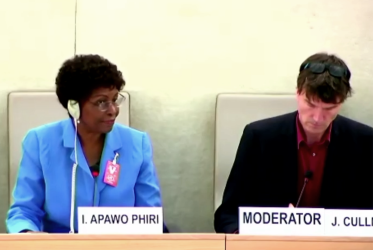Displaying 1 - 20 of 34
09 February 2024
WCC Eco-School begins in Crete
15 November 2023
WCC Eco-School for Europe and North America region
11 - 18 November 2023
Orthodox Academy of Crete, Greece
WCC Eco School for North America postponed until 2023
14 November 2022
WCC Eco-School 2022 postponed to November 2022
31 March 2022
Protecting Ethiopia’s church forests
27 October 2021
Climate crisis fuels existing water injustice
27 October 2021

